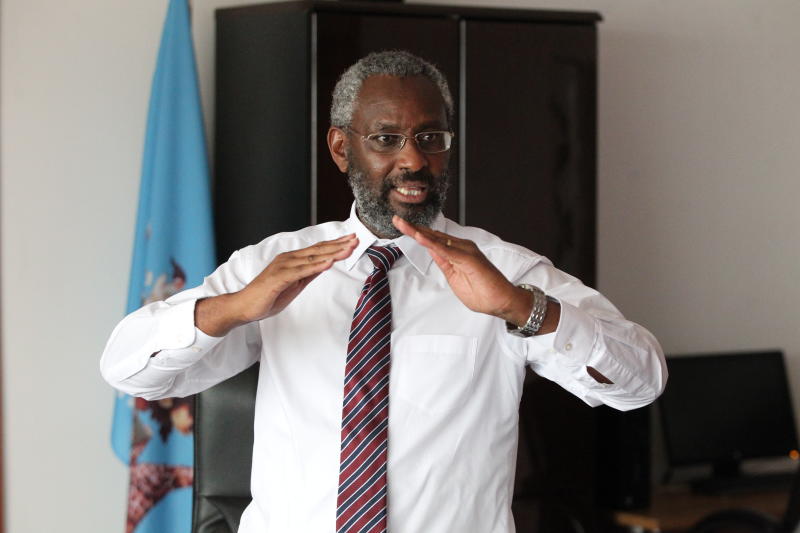×
The Standard e-Paper
Home To Bold Columnists

Reforms being undertaken at the University of Nairobi (UoN) do not require Education Cabinet Secretary’s approval, Vice-Chancellor Prof Stephen Kiama has said.
The VC said the positions of associate vice-chancellor recently created by the university council are mere designations that do not alter the structure of the University Charter and Statute hence do not require any gazettement.